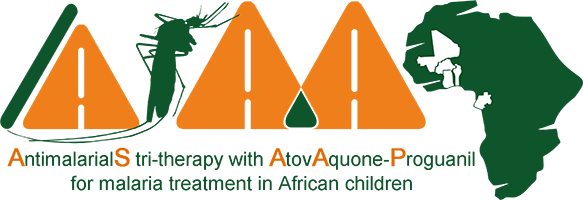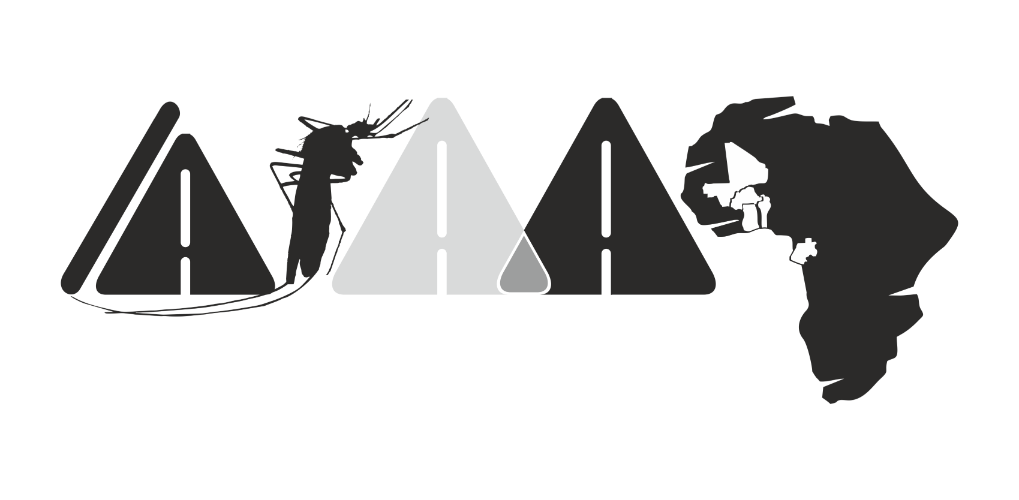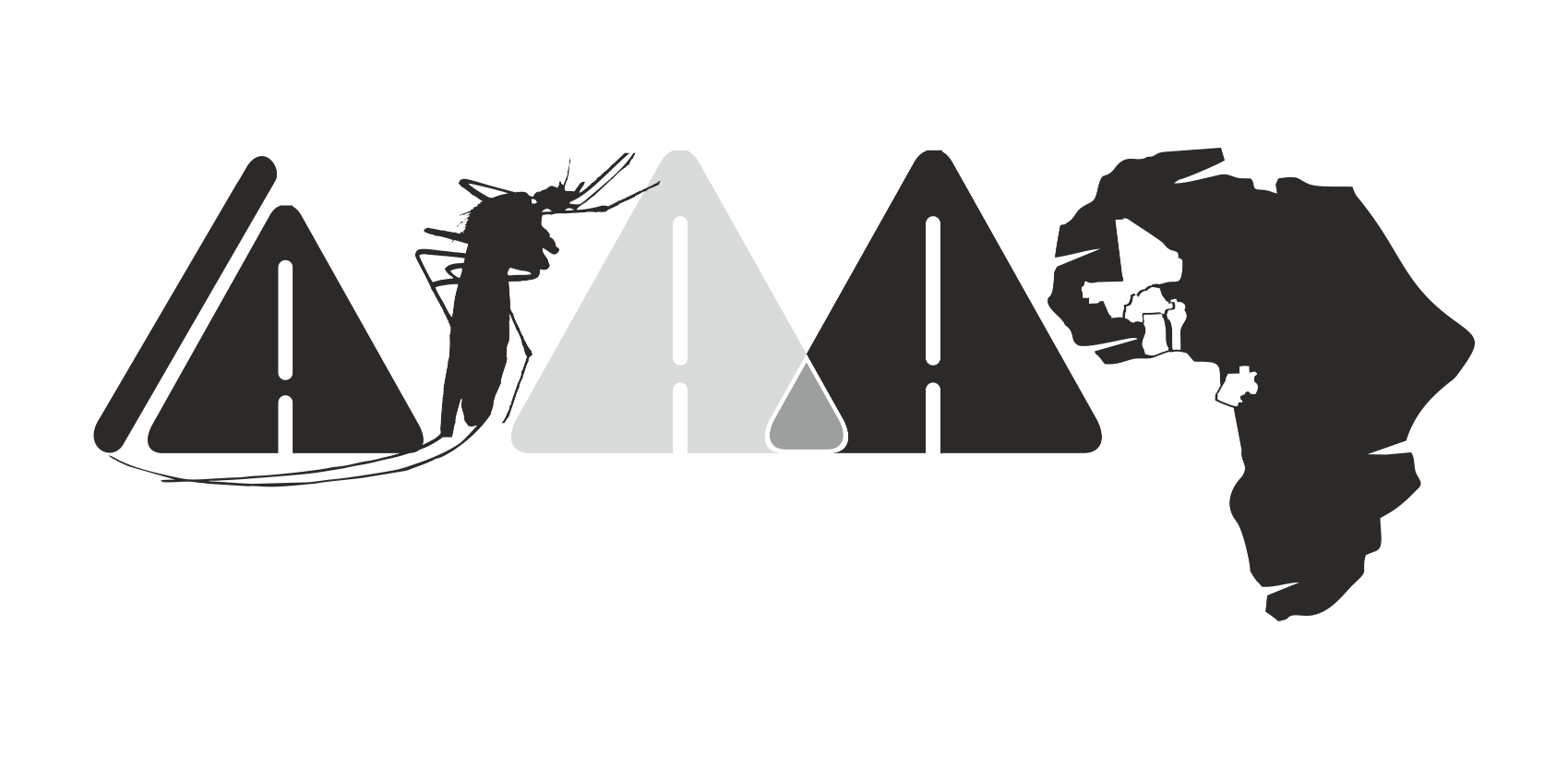The consortium includes highly experienced institutions from two European countries and five well-established institutions from West and Central Africa that have (i) a long-term experience in malaria research in Africa with specific expertise on antimalarial drug development, epidemiology and molecular epidemiology of malaria and vector transmission blocking potential; and (ii) a long and successful partnership in conducting clinical research in Africa.
These partners are leading institutions in the required fields of expertise for the successful conduct of the proposed project. Each WP, except WP1 and WP8, has an appointed co-lead from a different institution within the consortium:
- KNUST-Ghana will foster the consortium coordination, the grant administration, and the dissemination and networking activities. KNUST leads WP1 (Management and Coordination/Scientific Project Leadership) and WP7 (Dissemination and networking). KNUST also co-leads WP6 (Capacity building);
- BNITM-Germany is responsible for the implementation of the three clinical trials (Studies I, II and III): the pilot trial (phase IIb), the main trial in four sites (Phase III) and the Pharmacokinetics. The institution is also responsible of the data management and analysis. BNITM leads WP2 (Clinical trial) and WP5 (Data management and analysis);
- CERMEL co-leads WP2 (Clinical Trial);
- IRD-Paris, France, is responsible for the Studies V on antimalarial resistance markers and host genetic markers. IRD-Paris leads WP3 (Laboratory analysis) and co-leads the WP5 (Data management and analysis);
- IRCB co-leads WP3 (Laboratory analysis);
- IRD-Montpellier, France, coordinates the entomological studies (Study IV). IRD-Montpellier will lead the WP4 (Entomology);
- INSTech co-leads WP4 (Entomology);
- USTTB-Mali is responsible for the capacity development plan. USTTB leads WP6 (Capacity building) and co-leads the WP7 (Dissemination and networking).
USTTB, CERMEL, IRCB and KNUST are responsible for the study site activities in Benin, Gabon, Ghana, and Mali, respectively (Study II and Study III). While the Study I is conducted only at CERMEL (StudyI).
This consortium is led by an African institution. All other African and European partners are collaborating on equal terms to achieve maximum success of the planned activities. This structure proves the scientific ownership and responsibility held by the African institutions of this consortium. Several of the institutions involved in the proposed study have long and successful histories of institutional collaboration; such as between IRD and IRCB or BNITM and KNUST/ CERMEL. The proposed study will further strengthen those collaborations and will establish new ones in the fight against malaria: North-North, North-South but most importantly South-South, with a network of four African institutions for conducting clinical trials and of five institutions for conducting entomology assays.
All African partners are active members of EDCTP funded regional networks of excellence (CANTAM, WANECAM) and are therefore part of the regional networking in the field of health research. This project will build on established networking activities – guaranteeing effective dissemination of achievements – and will implement specific networking activities within the consortium.


